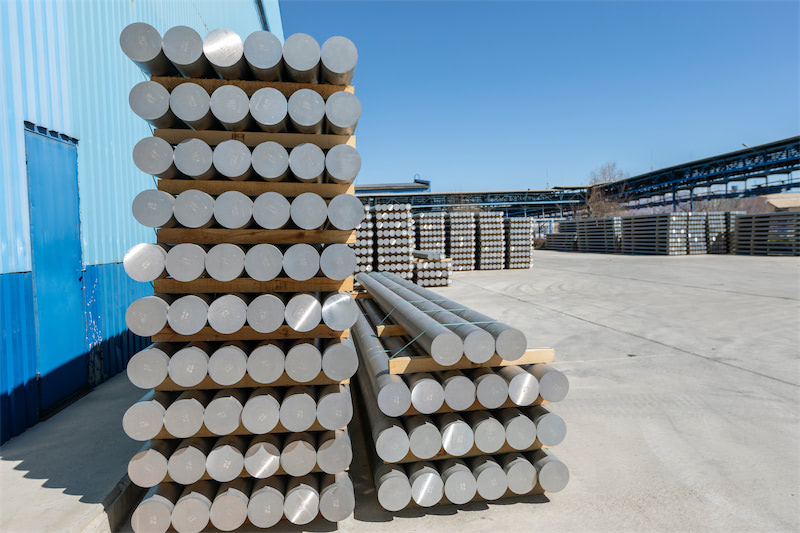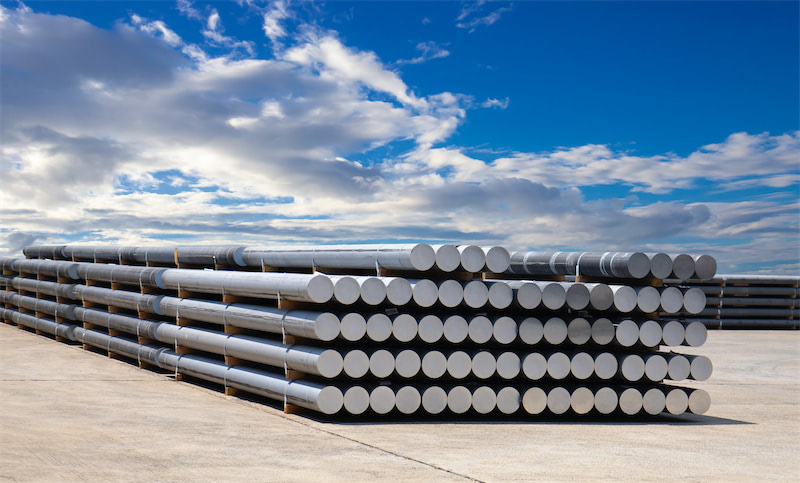According to SMM statistics, in October 2024 (31 days), overseas metallurgical grade alumina production decreased by 1.3% YoY, and cumulative production from January to October decreased by 0.1% YoY. The average operating rate of overseas alumina refineries was 79.9%, up 1% MoM but down 4% YoY. In its Q3 report, Rio Tinto noted that the QAL and Yarwun alumina refineries in the Gladstone region of Australia have gradually recovered from the impact of the natural gas pipeline explosion. In October, QAL's operating rate has recovered to about 94%, mainly relying on energy support from its own thermal power plant, while Yarwun has recovered to about 78%. Rio Tinto expects both refineries to return to normal production levels by year-end.
In India, Vedanta's Lanjigarh alumina refinery saw a decline in production due to insufficient bauxite supply, with the current operating capacity at 2 million mt. Vedanta expects that after the Sijimali bauxite mine in India starts production next year, Lanjigarh's total capacity is expected to increase to 3.5 million mt, with a long-term goal of reaching 5 million mt.
Looking ahead to November, overseas metallurgical grade alumina production is expected to decrease by 1% YoY, with an average operating rate of about 79.6%. The reasons for the decline include: first, Guinea suspended GAC's bauxite exports in early October, and both parties are still negotiating to resolve the issue, which may lead to reduced production at EGA's Al Tawalwh alumina refinery. Additionally, due to a long-term supply contract of about 3 million mt between EGA and Vedanta, the ban may also affect Vedanta's alumina refinery production. Second, in early November, Alcoa's Juruti bauxite mine in Brazil suspended ore shipments due to a grounded transport ship, which may lead to reduced production at Alcoa's two alumina refineries in Brazil due to insufficient raw material supply. However, the specific impact remains to be seen, and SMM will continue to monitor the situation.



